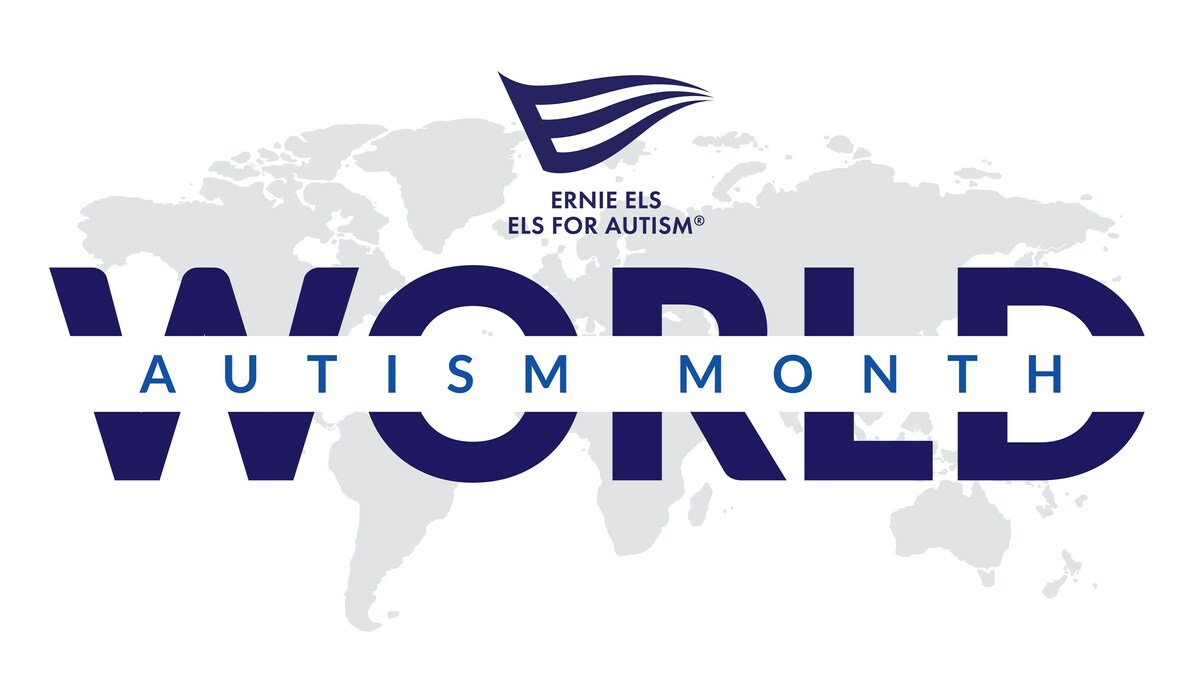
‘My Name Is Alfred Hitchcock’ Review: What Movie Documentaries Should Be

Here’s a film documentary that feels like a time-travel machine. But we’re not escaping into the past — the past is coming to us.
In “My Name Is Alfred Hitchcock,” film-besotted documentarian Mark Cousins hopscotches through the Master of Suspense’s body of work based on ideas and images, not your typical film-by-film chronological approach. He’s made hyperlinked connections throughout Hitchcock’s whole filmography (clips from almost every one of his films appear) to show that these works are not of the past: They remain eternally present tense.
To do that, Cousins presents us with a magnificent trick: making it seem as if Hitchcock is narrating the documentary and guiding you through his work and through the themes you might not otherwise notice. Impressionist Alistair McGowan portrays Hitch in the voiceover and has him down completely, from the sharp intake of breath to the almost-snort that precedes him starting a new conversational riff to his deep belly laugh. The Hitchcock who made such an art of self promotion, making the introductions on his TV show, appearing on-camera for his films’ trailers, telling wicked stories on “The Dick Cavett Show” about serving nothing but blue food at a dinner party. That Hitch feels brought to life again.
“You’ve feathered your nest in the 21st century haven’t you?” McGowan-as-Hitchcock says, in what can only be described as a chortle. “But don’t you want to escape it, a little?” That introduces the first of six themes that each receive about 15 minutes of consideration: Escape, Desire, Loneliness, Time, Fulfillment, and Height. It’s a personal selection of ideas and linkages across movies presented with fun and a feeling that, if you really love Hitch, you could probably make a movie built around six categories of your own choosing. (My own would probably be: Looking, Perspective, Architecture, Painting, Food, and Humor — more than any other, his movies show comedy as a form of suspense.) There’s a sense of participation in “My Name Is Alfred Hitchcock” that we haven’t seen in a film documentary since Rodney Ascher’s “Room 237.”
For the Desire section, Cousins doesn’t linger on “Vertigo,” but instead shows how Sylvia Sidney keeps looking at a kitchen knife that she wants to use to stab her husband in “Sabotage.” And there’s one gloriously creepy shot in “The Paradine Case,” the male gaze made extremely literal, when the camera tracks in on a woman’s bare shoulder to show what a lusty old perv Charles Laughton’s character is. Hitch cuts directly from an extreme close-up in “Torn Curtain” of one of Paul Newman’s blue eyes, the light shining and making it glitter like a jewel, to the jewels Grace Kelly wears around her neck in “To Catch a Thief.”

Alistair McGown, who voices Hitchcock.
These linkages don’t feel nearly as strained as the “three moments in film that feature bubbles” that opened Cousins’ sprawling 2011 docuseries “The Story of Film: An Odyssey” (a moment Jonathan Rosenbaum rightly called out). That series was comprehensive but could be reductive, with Cousins repeatedly referring to classic Hollywood cinema as “a bauble.” Gone also are his bolder proclamations from that doc (“Hitchcock is the most important visual artist of the 20th century — more important even than Pablo Picasso”) or odd turns of phrase (referring to “Port of Shadows” as “a film with its eyes lowered”).
Cousins wrote everything that McGowan’s Hitchcock says in “My Name Is Alfred Hitchcock,” but somehow the voice of Hitchcock gives refinement to Cousins’ own voice as a writer. He’d be wise to continue the pattern of this documentary and his previous “Women Make Film: A New Road Movie Through Cinema” and let others narrate for him.
Some original footage Cousins shot for “My Name Is Alfred Hitchcock” doesn’t work, nor does his choice of repeatedly showing tight close-ups of Hitchcock’s eyes from old stills. But there’s a feeling of surprise, invention, and spontaneity that most other movie documentaries would do well to aspire to. It’s easy to watch any film featured here and see how alive it is; it’s another thing to do that for the entire body of work. Cousins probably could have gone a step further and made the case that Hitchcock was perfectly primed for the age of social media — shots from his films and his own self-promotional antics are meme-ready and share-worthy. But that would have been an obvious choice, and Cousins shies away from the obvious in this survey of Hitch’s work.
“Cinema is a lie 24 frames per second.” That’s been attributed to many people, but “Hitchcock” says a version of that at one point here. Every movie lives up to that to some degree, but Hitchcock’s more than most, whether it’s Claude Rains walking up an out-of-sight ramp to appear as tall as Ingrid Bergman in “Notorious” or the giant paper-mache finger, made to look lifelike, that dials the rotary phone in extreme close-up in “Dial ‘M’ for Murder.” With “My Name Is Alfred Hitchcock,” Cousins powerfully makes the case that there’s nothing better than cinema itself for elevating a lie into art.
Grade: A-
“My Name Is Alfred Hitchcock” premiered at the 2022 Telluride Film Festival. It is currently seeking distribution.































































